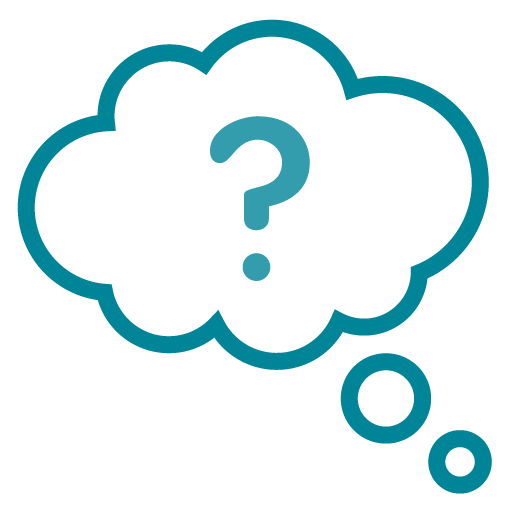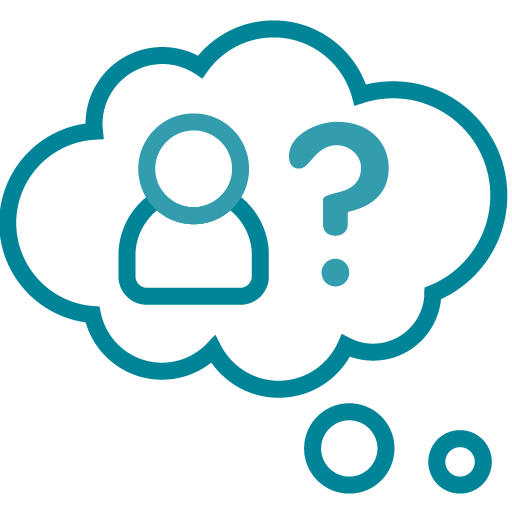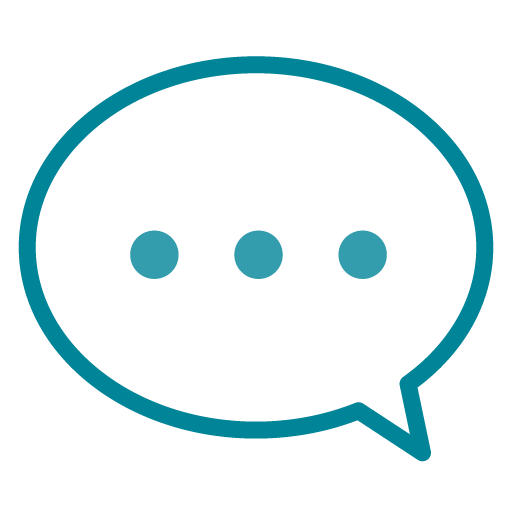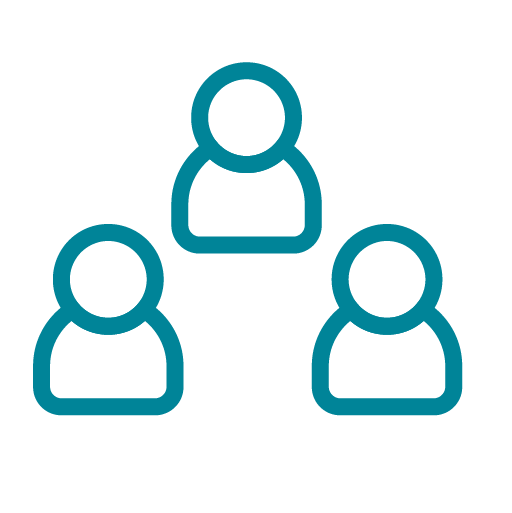
Having HIV is serious, but it is not the end of the world.
If you do nothing, HIV will lead to illnesses that can kill you. But there are treatments you can take to control HIV so you can be well. You will also need to look after yourself and make sure you have people around to support you.
If you have just found out that you are HIV positive, you will need to think about:

Your doctor or health care worker might ask you for the names of people you have had sex with or who you have shared needles with. If they think those people might also have HIV, they will contact them and ask them to come in for an HIV test. This is not about blaming you.
It is to make sure everyone who might have HIV gets a test. The doctor can also talk to them about prevention and if needed treatment to stay healthy.
If the health care worker talks to your previous partners, they will NOT tell them your name.

It can be really hard to tell someone you have HIV. Your health care worker, counsellor or peer worker can help you work out who you want to tell, what you might want to say, and where and how to say it. There are also services in the back of the booklet that can help.
In some parts of Australia, the law says you must tell your partner you have HIV before you have sex or share injecting equipment.

You need to look after yourself - your body and spirit.
HIV is an important issue facing Aboriginal and Torres Strait Islander communities. Our communities have high rates of STIs (sexually transmissible infections) and HIV rates have been increasing.
There is no shame having HIV, we all belong and are a part of our community. We all have a big role to play looking after family, community, and culture.
Check out video for more information on what it means to have HIV by the South Australian Health and Medical Research Institute.